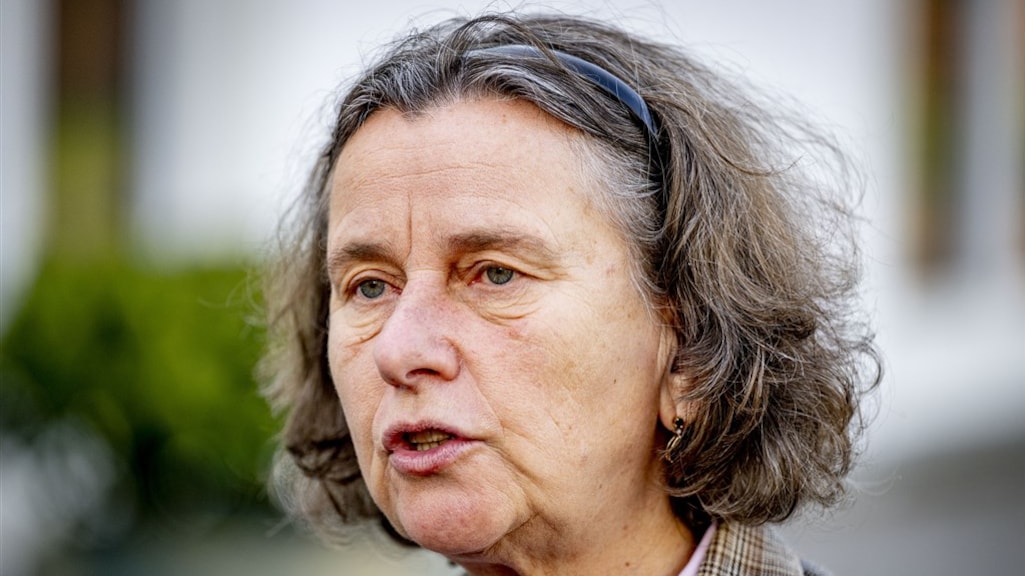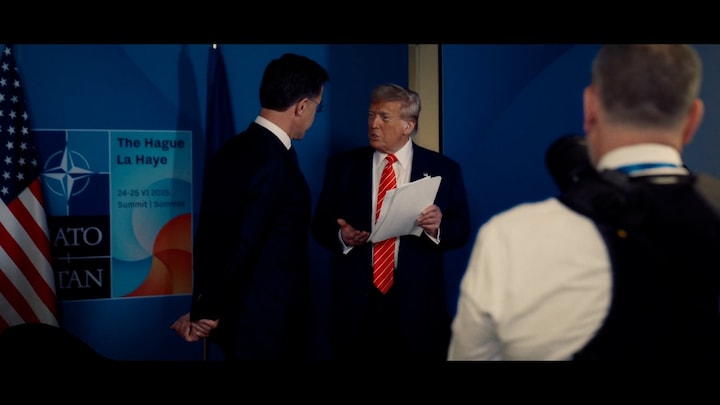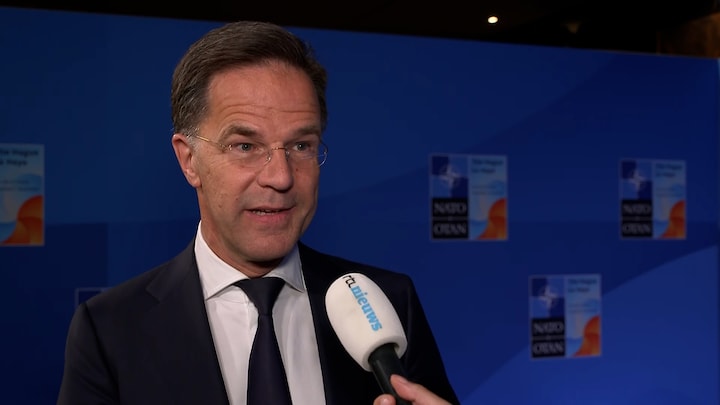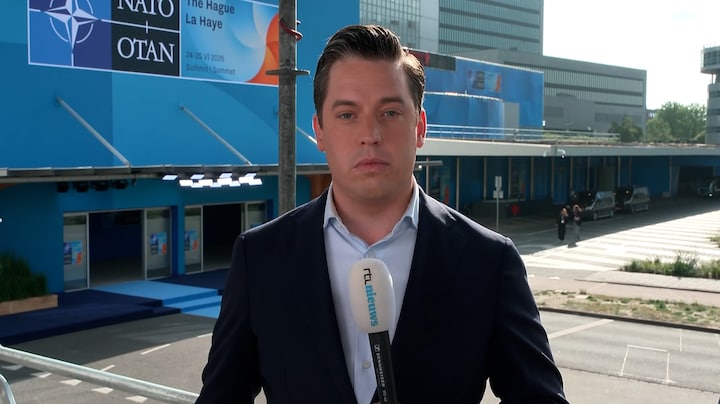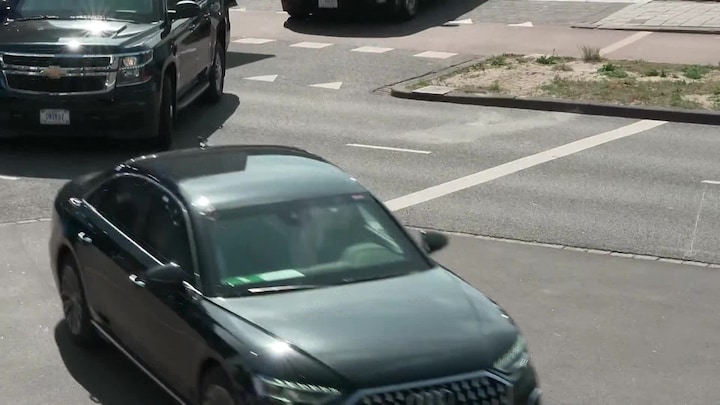PVV does not want a 'weak copy' of asylum laws, but remains unclear about whether to vote for or against


The PVV does not want to agree to a 'weak copy' of the asylum laws that regulate strict asylum measures. This was stated by PVV MP Marina Vondeling during the debate on the asylum emergency measures law and the dual status system in the Lower House. An adjustment of the asylum laws is a possibility, due to proposals from parties in the House, such as the CDA.
The CDA, among others, has made a number of amendment proposals - weakenings according to the PVV - for example to make the laws fit in better with the European migration pact. Without the support of the Christian Democrats, it will be difficult to get a majority in the Senate.
Today, the PVV made three proposals to make the laws even stricter, including the withdrawal of the distribution law.
Parties always vote on amendments - minor changes - before voting on a law. This often, but not always, happens on the same day. Members of parliament from the opposition and coalition have proposed a whole pile of amendments that could change the laws considerably.
The PVV will only decide whether it will vote for or against the strict asylum laws after the vote on the amendments, Vondeling said.
CDA faction leader Henri Bontenbal wants to introduce the laws later, at the same time as the new European migration rules. In doing so, he wants to meet a request from the Immigration and Naturalization Service (IND), which hopes to limit the pressure on its staff.
"I think this is just weak talk from Mr Bontenbal of the CDA. Because it just seems like he doesn't want strict measures," Vondeling thinks.
The two laws before us today state that the rules for family reunification of asylum seekers will become stricter. Asylum seekers will be divided into two groups - or statuses. One group concerns people who are persecuted because of their race, religion, sexual orientation or political activities. And the other group are people who are fleeing war violence. The requirements for qualifying for family reunification will become considerably stricter for the latter group.
Furthermore, residence permits will become temporary. Now they can be for an indefinite period, but the validity will go to three years. Then a permit must be applied for again and again.
The new laws also stipulate that rejected asylum seekers can no longer appeal against a rejection of a residence permit. And repeated applications for residence permits will only rarely be possible.
The CDA and D66 also warn in the debate against the rapid application of the stricter asylum laws. According to both parties, it would lead to legal problems and be bad for the implementation. D66 member Anne-Marijke Podt warned that if there is no transition period, this will lead to people suddenly having to deal with different rules in the asylum procedure. For example, it will become difficult to bring a child over, or an unmarried partner.
CDA leader Henri Bontenbal pointed out the many red flags that organizations are holding up, including the Immigration and Naturalization Service. According to him, it is better to let the introduction of the new measures go hand in hand with the introduction of a European migration pact, because otherwise the asylum chain will have to reorganize twice.
StricterIn the meantime, the VVD wants to further tighten the legislative proposals. For example, the party does not want to shorten the duration of residence permits to three years, as the cabinet wants, but to one year. In the event of an extension, two years can be added. This should only apply to people who do not meet the definition of a refugee, but still need protection.
Queeny Rajkowski (VVD) hopes that her proposal will allow people to return to their country of origin more quickly and reduce the pressure on the asylum system. According to the MP, such rules comply with European legislation and she 'actually does not want to exceed it by a millimeter'.
SP, ChristenUnie, DENK, ChristenUnie and D66 fear that the asylum system will become even more bogged down by the VVD plan. Michiel van Nispen (SP) fears 'permanent uncertainty' for asylum seekers. Don Ceder (CU) fears that the IND will not have enough people to implement the rules.
A stricter asylum policy was the most important goal of the cabinet, says political reporter Floor Bremer. "These two laws should regulate that. In the meantime, the PVV has left the cabinet, and their support for the laws is also in jeopardy. The party only wants to change the laws to make them stricter. If the majority of the House also adopts other changes, it is still questionable what the PVV will do. What happens if there is no majority for the three amendments of the PVV? The party does not want to say anything about that yet."
"But the CDA - needed for a majority in the Senate - also wants changes. The party does not want to agree with the laws as they are now. For example, the CDA wants the dual status system to only come into effect next year, at the same time as the European migration pact, because otherwise, according to the party, it will be a mess in the implementation," says Bremer.
"What both parties want with the laws is not synchronized. So whether the laws will pass is very much the question. That will only become clear during the votes next week."
- Open the RTL News app.
- Go to the menu.
- Tap 'Settings' and then tap 'Notifications' .
- Check the box next to 'Politics' .
RTL Nieuws


